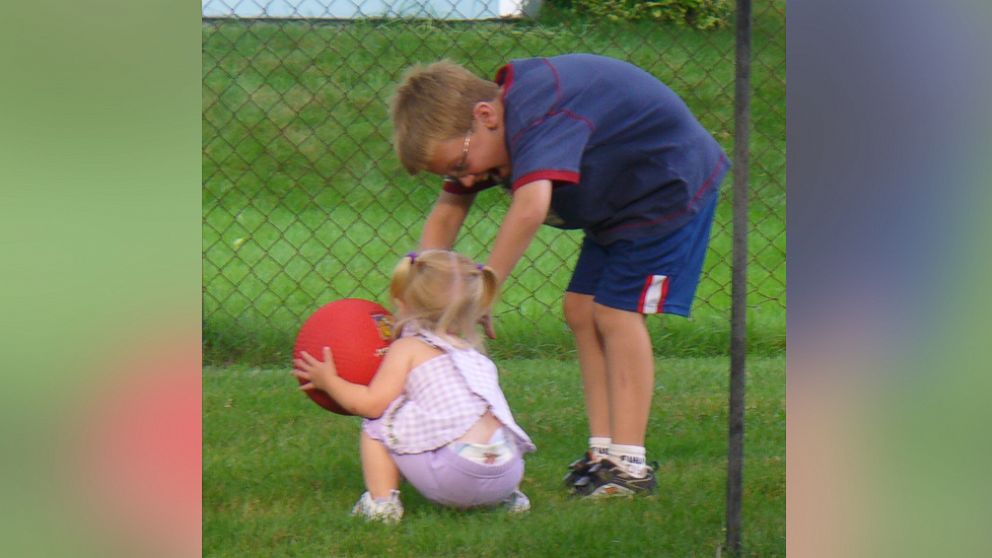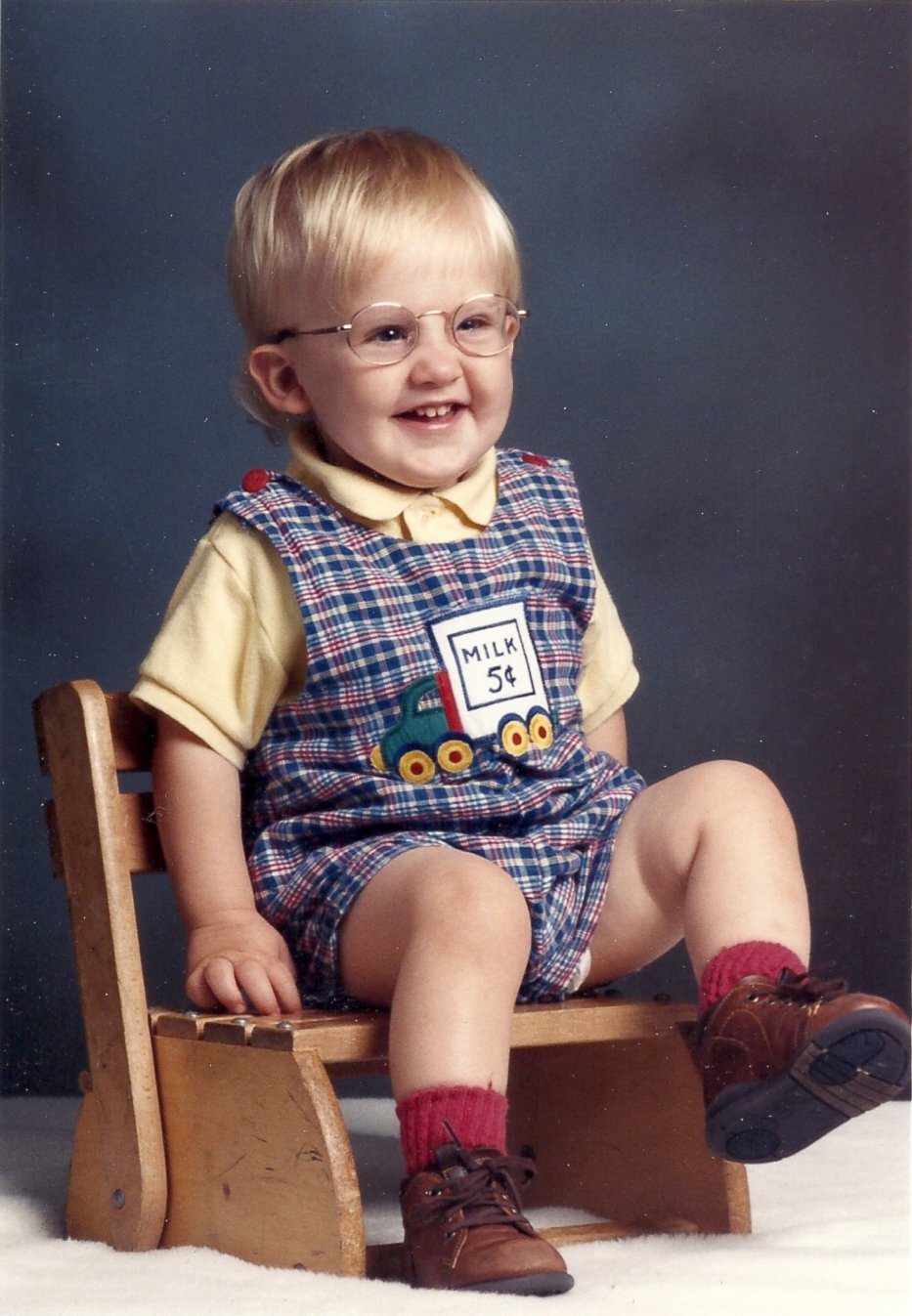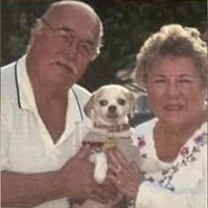Mom Spends 10 Years Trying to Find Son's Diagnosis
Doctors couldn't explain Grayson Dugall's vision, movement impairments.

May 8, 2014— -- For more than a decade Natanya Dugall tried in vain to find a diagnosis for her son that would explain his vision, speech and movement impairments.
Dugall had noticed something was wrong with her son Grayson the day after he was born. Grayson was so fussy even the nurses took notice and Dugall’s mother pointed out her son’s eyes were different sizes and asymmetrical.
“Truly within 24 hours being born we knew there was something wrong with the vision,” said Dugall. The kind of changes made to Grayson’s eyes made doctors suspect a genetic malfunction that could suggest other more serious syndromes.
However, initial genetic testing turned up nothing. It would take more than a decade for new technology to develop so that Grayson could be diagnosed.
Eventually Dugall took her newborn son home thinking that Grayson’s impaired sight was “the worst of it.” However, as Grayson grew up new problems started to appear.
“As he got older even at 18 months there delays and quirkier behavior,” said Dugall. “He didn’t walk till 18 months. He had communication but he was behind [other kids].”
Dugall said Grayson could talk but it often sounded garbled, additionally he was uncoordinated.

Disney Characters Help Autistic Child
Eventually Dugall started to expect that Grayson might be on the autism spectrum. However, no matter how many doctors she visited no one would give her a concrete diagnosis. Since Grayson’s smaller left eye was nonfunctioning, doctors suspected there was a problem on the genetic level, but did not know what was affected.
“He tested extremely intelligent with non-verbal things. He always got good grades,” said Dugall. “I think the medical piece we missed for the long time.”
Dugall said one reason that Grayson appeared to fly under the radar was his easy-going disposition. She said he rarely had friends but would instead “parallel play” with kids meaning he would see kids on the swing set and swing by himself near them.
As Grayson grew older, Dugall decided to start looking for help from studies examining individual genetic structures. She hoped one study could help identify a cause for Grayson’s symptoms. She started to send out DNA samples across the country in the hopes that one day that a cause for her son's symptoms would be found in Grayson's genetic code.

Dugall said she thought it was only a remote possibility that the gene responsible for Grayson’s symptoms would be identified quickly. Instead she hoped his DNA would help another young child with similar symptoms in the future.
Act of Kindness for Autistic Child Goes Viral
But when Grayson was 13, Dugall got some unexpected news. A laboratory had identified chromosomal deletions on a specific gene in Grayson’s DNA. The test was done on samples that had been collected years earlier. After the initial find, Dugall was referred to a study run partially out of the Texas Children’s Hospital that was studying the effects of people who grew up with either chromosomal deletions or copies on this gene.
Robin Kochel, associate director for Research at the Autism Center at Texas Children’s Hospital, worked on the study and with Grayson. She said many other parents in the study had been searching for answers for the similar symptoms to Grayson.
“I think their story is similar…[Other children] had some learning differences and behavioral differences and often times some medical complication,” said Kochel. “They had a really hard time figuring out what’s going on here.”
Dugall said the study includes maps and information about other subjects across the country with similar symptoms as Grayson, allowing the now-teenager to see proof he is not the only person grappling with this condition.
“After the data was collected, the diagnosis I had waited years and years for was finally complete – at age 13 Grayson finally was able to name what we all thought for years – he was autistic,” Dugall wrote in a blog about her experience. “I struggle to explain what this meant to my boys and me. The medical diagnosis has opened up a new world for him – knowledge that [Grayson] is not alone.”
1 in 68 Kids Has Autism Says CDC




